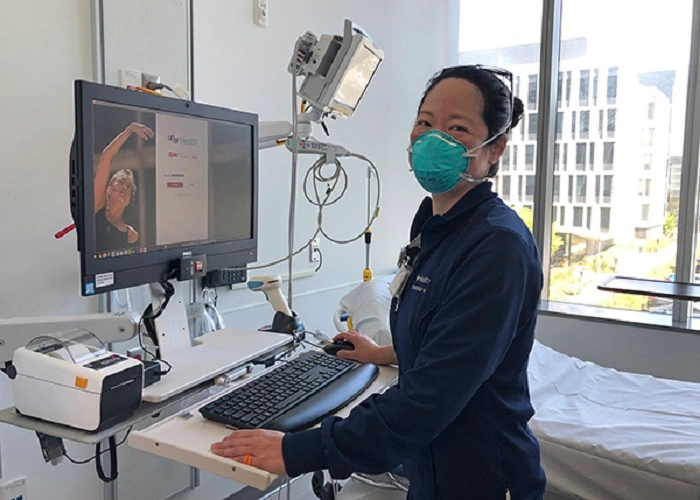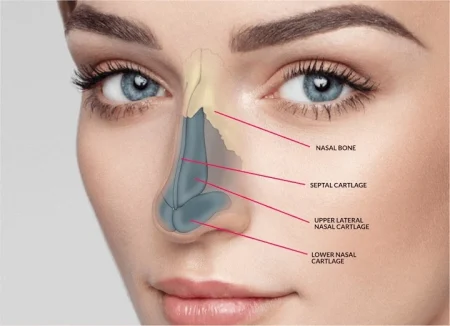Clinical research nurses play a crucial role in advancing healthcare by combining patient care expertise with the scientific rigor of clinical trials. As key members of research teams, these nurses ensure that studies are conducted safely, ethically, and effectively, ultimately helping bring new treatments and medical knowledge to patients worldwide.
This article explores what a clinical research nurse does, the skills required, typical responsibilities, and the career path involved. Whether you are considering this profession or want to understand its importance in healthcare, learn how clinical research nurses impact the future of medicine.
What Is a Clinical Research Nurse?
A clinical research nurse (CRN) is a registered nurse who specializes in managing and coordinating clinical trials. They act as liaisons between patients, healthcare providers, and researchers, overseeing the nursing care of trial participants while ensuring adherence to study protocols.
Unlike traditional nursing roles focused solely on patient care, CRNs integrate clinical nursing skills with research methodologies to support medical investigations.
Key Responsibilities of a Clinical Research Nurse

Patient Recruitment and Consent
CRNs help identify eligible patients for clinical studies and obtain informed consent, explaining study goals, procedures, and potential risks clearly.
Study Coordination and Protocol Compliance
They organize and manage trial logistics, schedule visits, collect data, and ensure the study follows regulatory and ethical guidelines.
Direct Patient Care and Monitoring
CRNs provide nursing care tailored to study requirements, monitor patients for adverse reactions or side effects, and report findings to the research team.
Data Collection and Documentation
Accurate recording of patient information, treatment administration, and clinical observations is a critical responsibility to maintain trial integrity.
Education and Support
They educate patients and families about trial participation and offer emotional support throughout the process.
Essential Skills and Qualifications
To succeed as a clinical research nurse, individuals typically need:
- Registered Nurse (RN) licensure with relevant clinical experience
- Knowledge of research protocols, Good Clinical Practice (GCP), and regulatory requirements
- Strong communication and organizational skills
- Ability to multitask and manage complex schedules
- Critical thinking and problem-solving capabilities
Many CRNs pursue additional certifications in clinical research nursing to advance their expertise.
Work Environments for Clinical Research Nurses
CRNs work in diverse settings such as:
- Hospitals and medical centers
- Research institutions and universities
- Pharmaceutical companies and contract research organizations (CROs)
- Government health agencies
Their role often involves collaboration with physicians, pharmacists, statisticians, and regulatory personnel.
The Impact of Clinical Research Nurses on Healthcare
Clinical research nurses are pivotal in translating scientific discoveries into effective treatments. By ensuring trials are conducted safely and ethically, they protect patient welfare and uphold research quality. Their direct patient care improves participant experience, which can enhance study retention and data reliability.
Career Path and Advancement Opportunities

Starting as a registered nurse, one can transition to clinical research nursing through specialized training or on-the-job experience. With further education, CRNs may advance into roles such as:
- Research nurse coordinator
- Clinical trials manager
- Regulatory affairs specialist
- Nurse educator or consultant in clinical research
Continuing education and certification help open doors to leadership positions in research.
Challenges and Rewards of Being a Clinical Research Nurse
Challenges
- Managing complex protocols and regulatory compliance
- Balancing patient care with research demands
- Emotional toll of working with seriously ill patients
Rewards
- Contributing to medical breakthroughs
- Diverse and intellectually stimulating work environment
- Building meaningful relationships with patients and research teams
FAQs About Clinical Research Nursing
What qualifications do I need to become a clinical research nurse?
You need an RN license, clinical experience, and knowledge of research practices. Additional certifications in clinical research nursing are beneficial.
How does a clinical research nurse differ from a regular nurse?
CRNs combine patient care with research coordination, focusing on clinical trial management and data integrity.
Can clinical research nurses administer medications in trials?
Yes, they often administer investigational drugs following strict protocols.
Is clinical research nursing a good career choice?
Yes, it offers diverse opportunities, intellectual challenges, and the chance to impact healthcare innovation.
What are common settings where clinical research nurses work?
Hospitals, research centers, pharmaceutical companies, and CROs are typical workplaces.
Clinical research nurses are essential connectors between cutting-edge medical research and patient care. Their unique blend of nursing skills and research expertise ensures that clinical trials run smoothly, ethically, and safely—ultimately advancing treatments that save and improve lives. For nurses passionate about both patient care and scientific discovery, a career as a clinical research nurse offers meaningful and rewarding opportunities.








